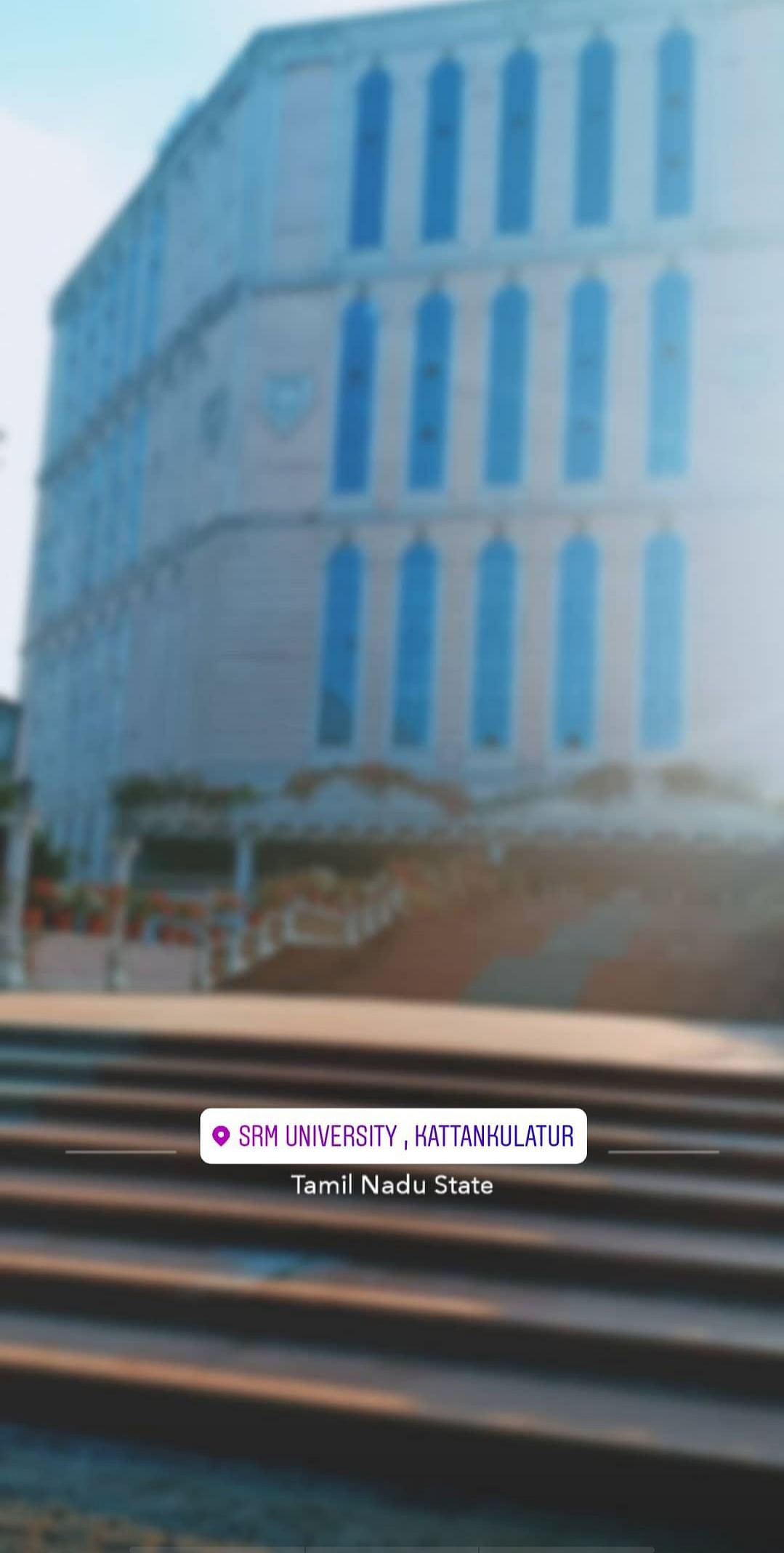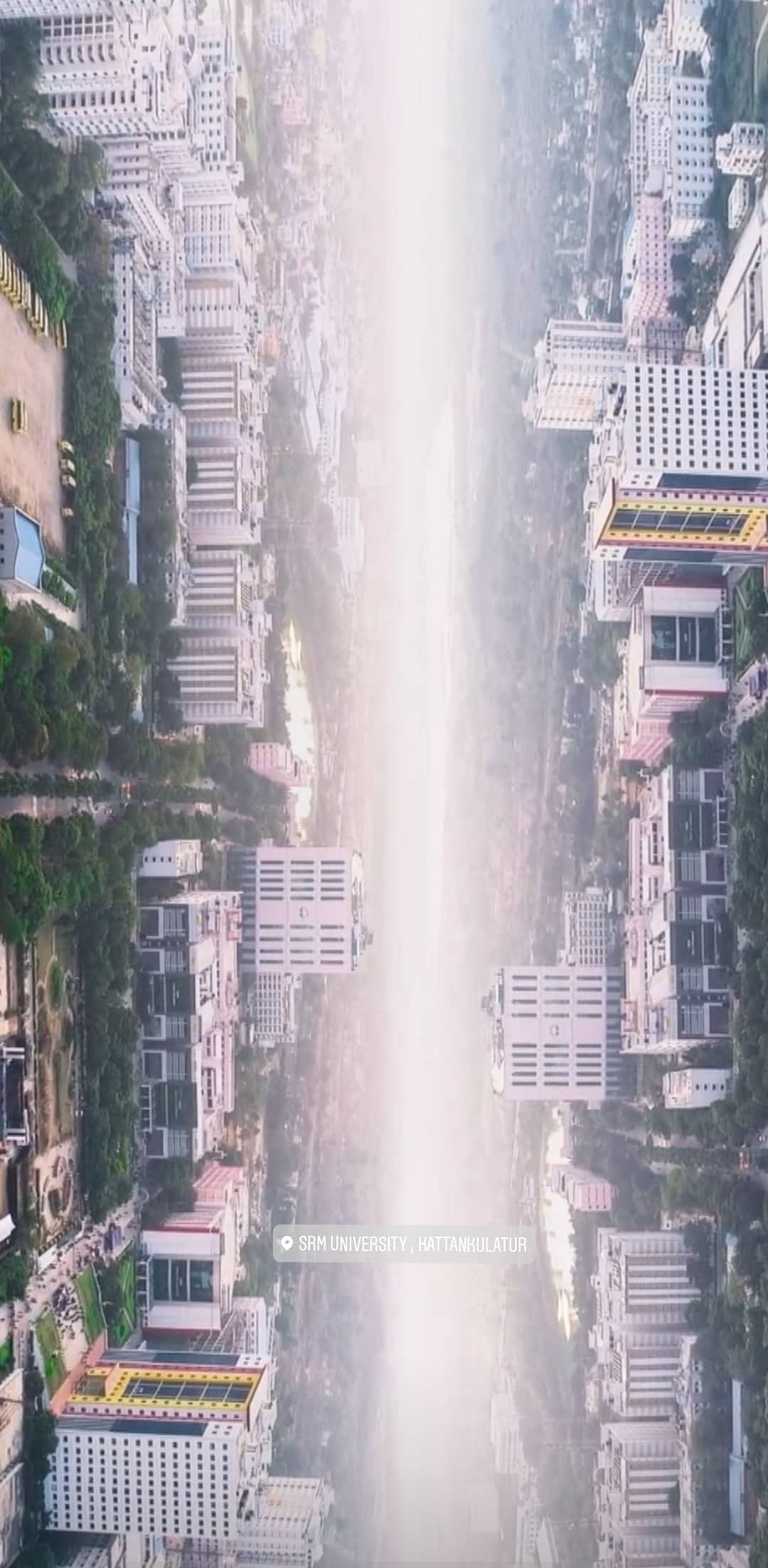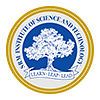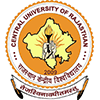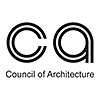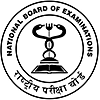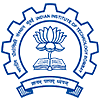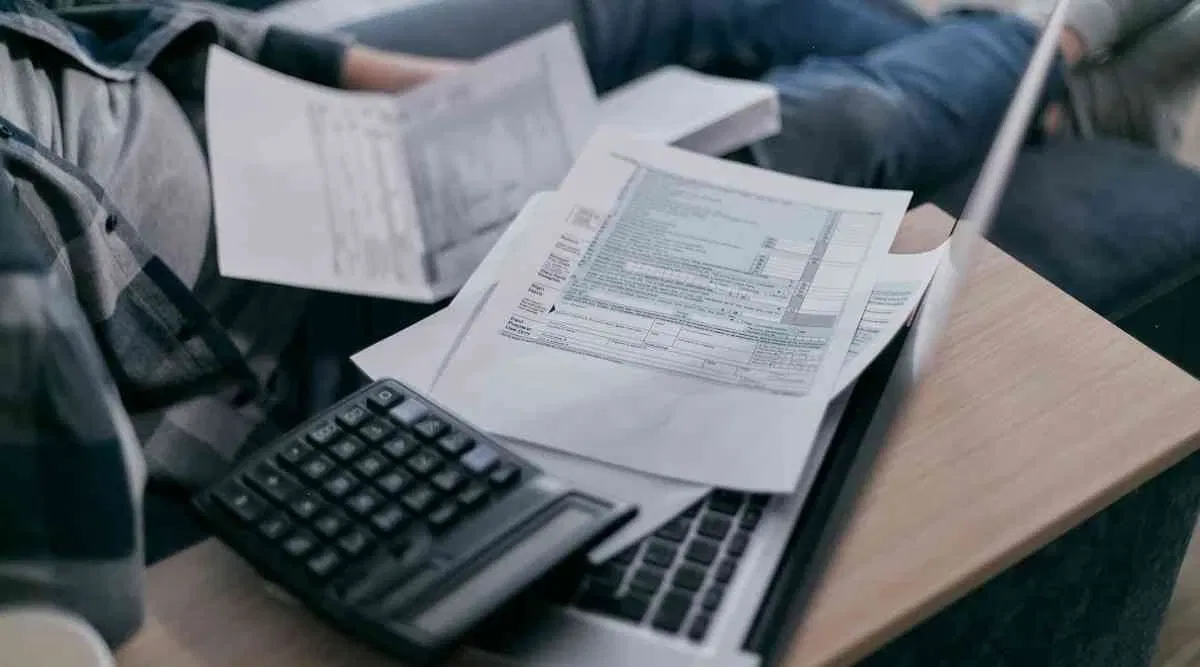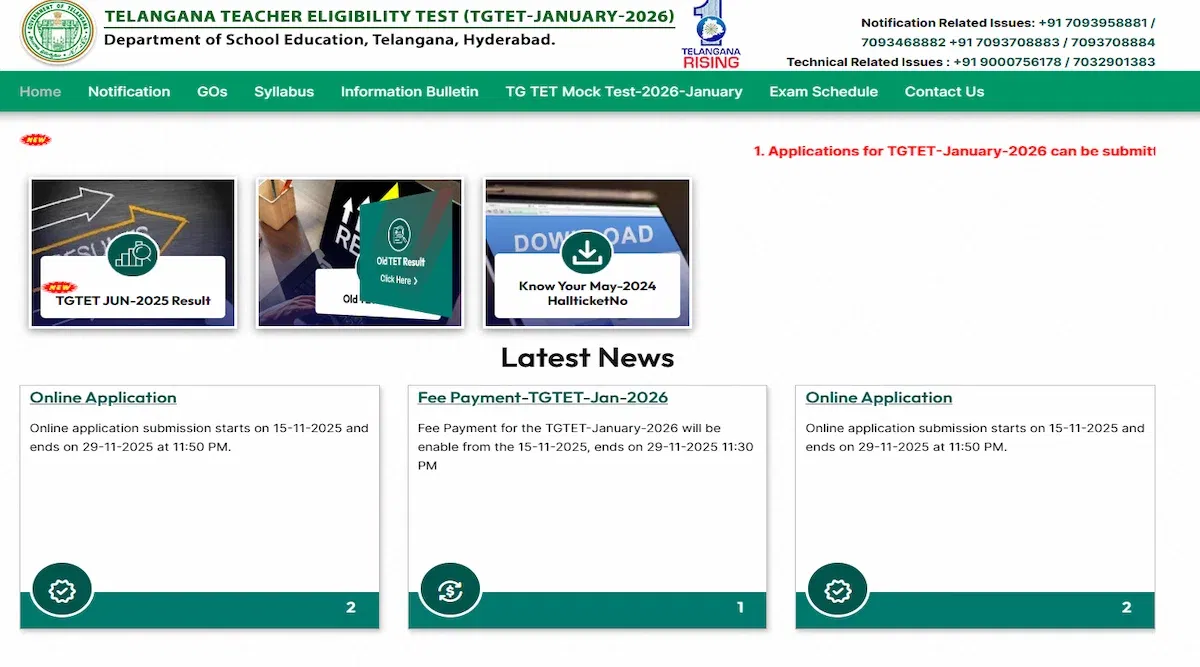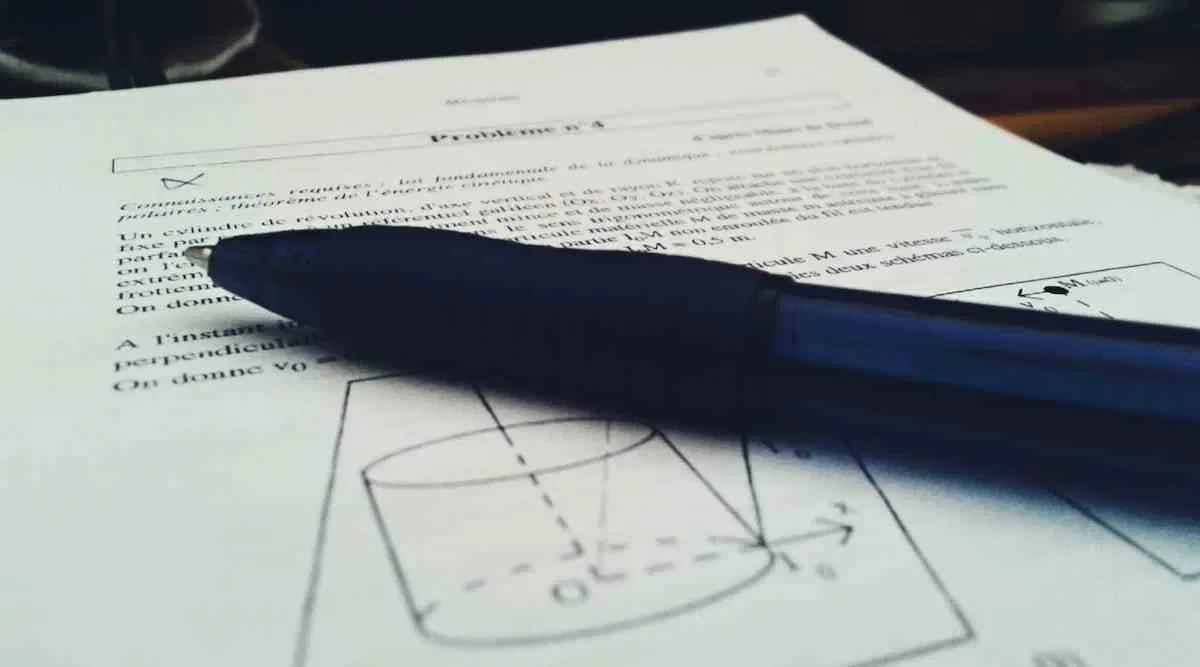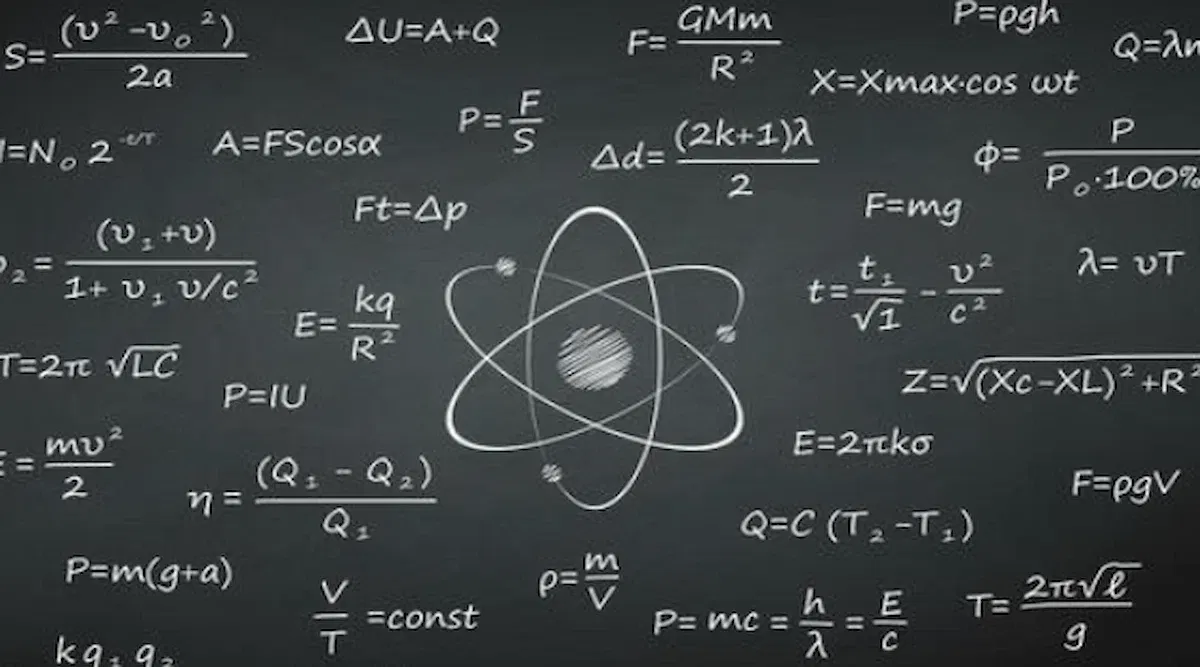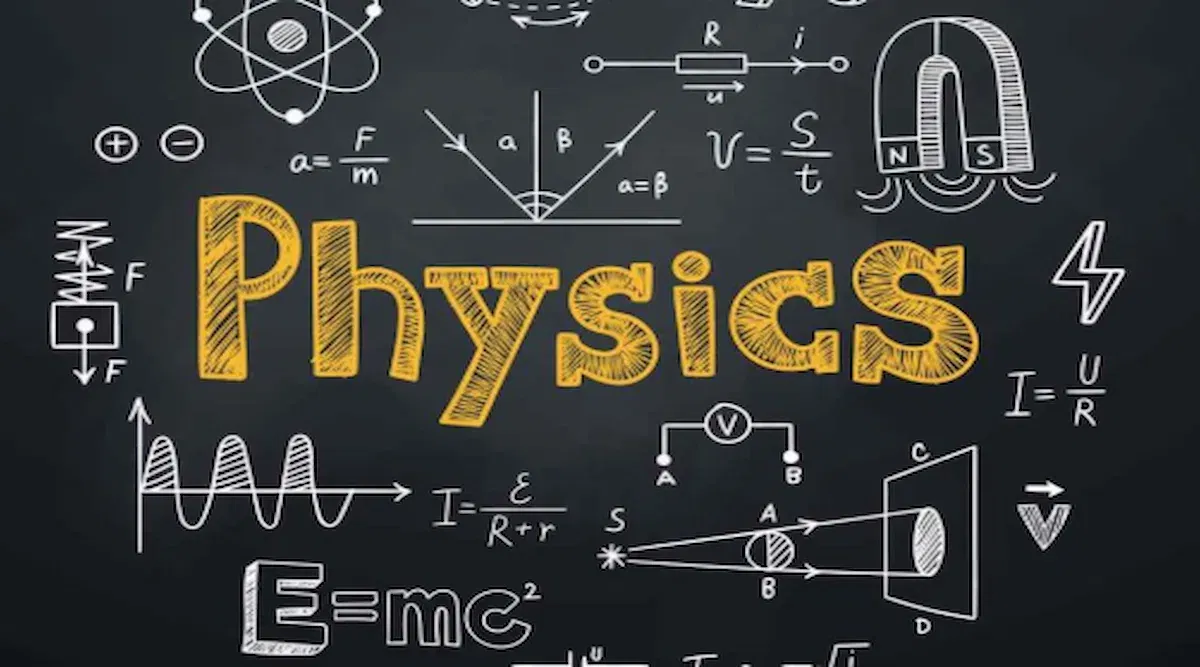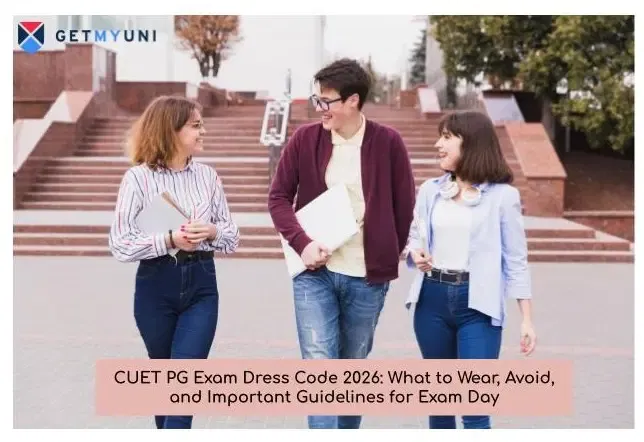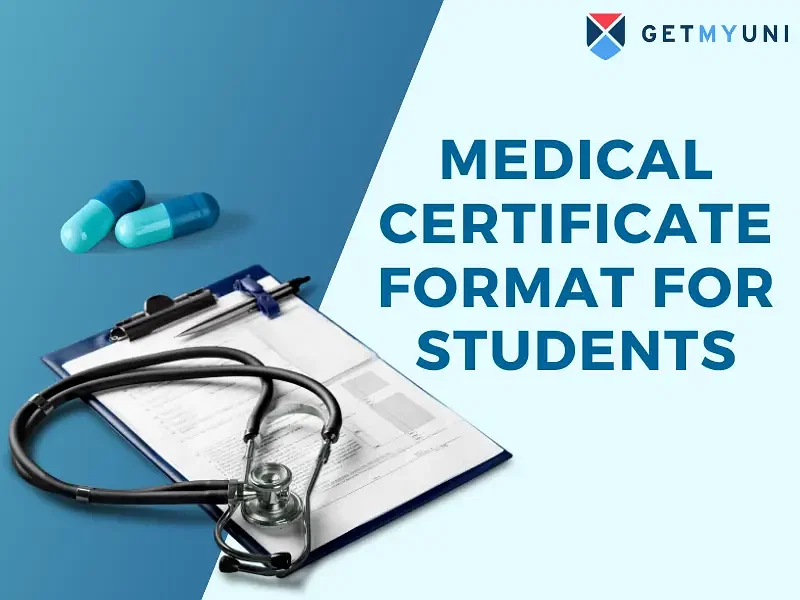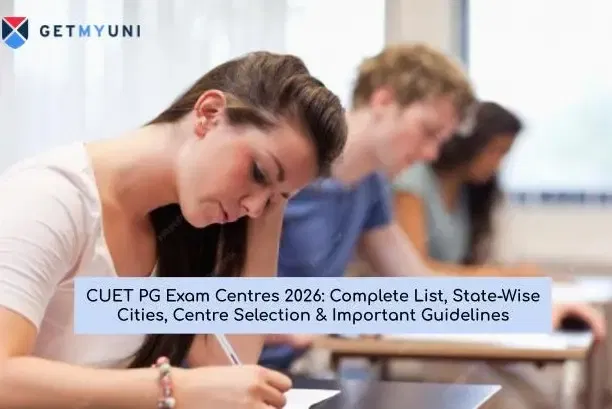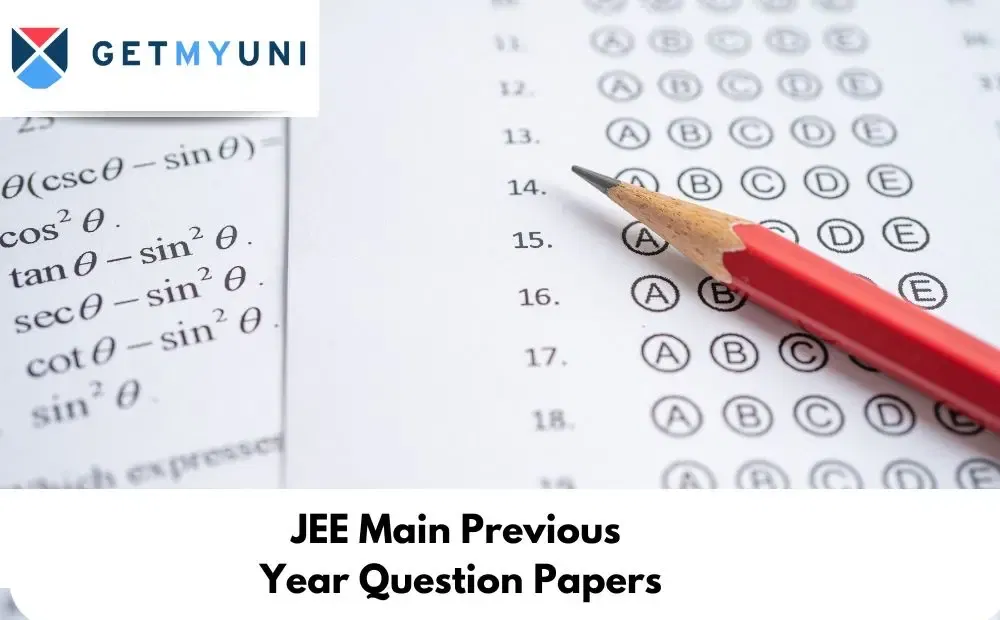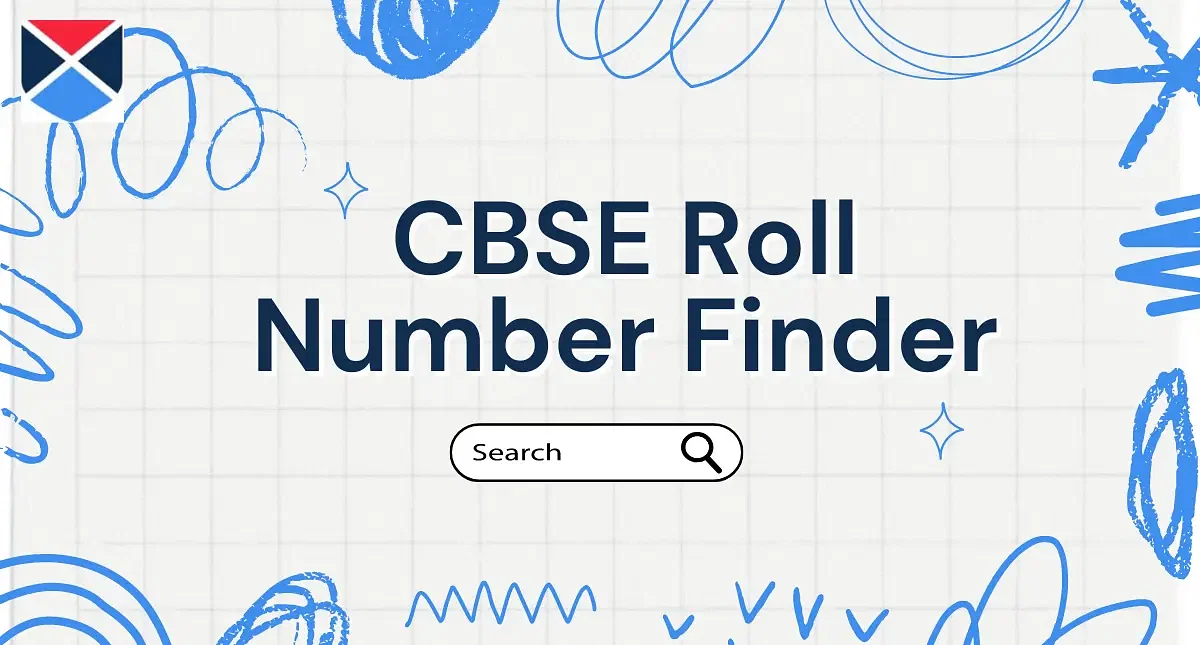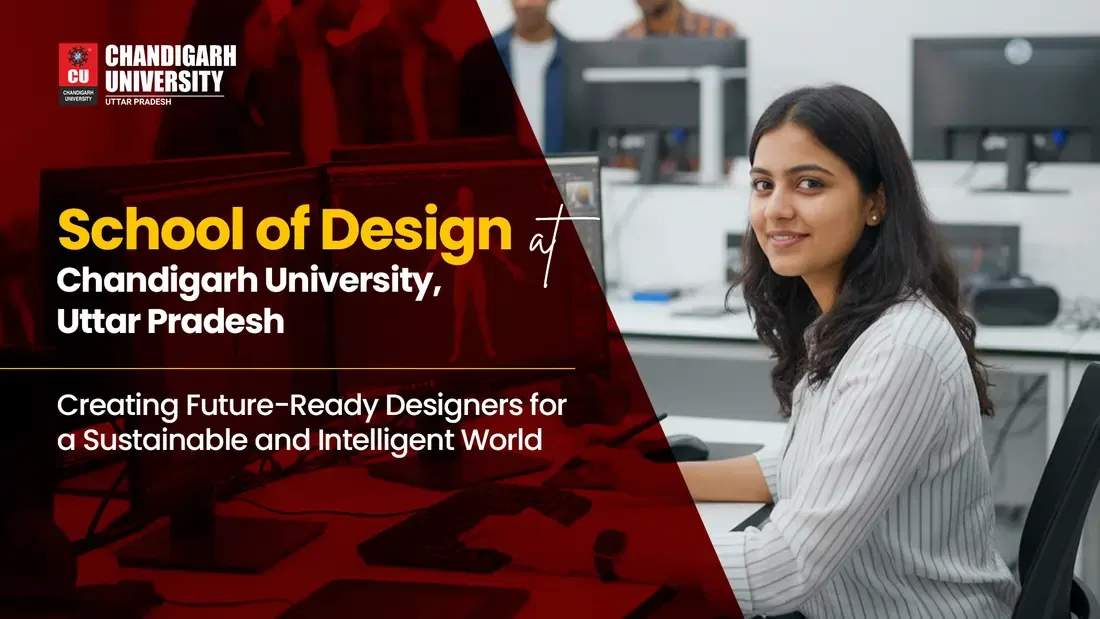
Sankalpa Sarkar's Review on SRMIST - SRM Institute of Science and Technology, Chennai
College Infrastructure and Hostel Facilities
The Kattankulathur campus of SRM University has a wide array of hostels on offer throughout the campus with facilities ranging from AC to non-AC, attached washrooms to non-attached washrooms, two-sharing to three-sharing. A separate block in the campus is devoted to boys hotels and a different unattached section is devoted to the girls'. There are 14 blocks assigned to men's hostels with capacities varying from 200 to 1000 students in each block. The total capacity in the boys' block is approximately 7500. The men's hostels include Adhiayaman, Paari, Kaari, Oori, Nelson Mandela, Pierre Fauchard (PF), Manoranjitham, Thamarai, Agasthiyar, Sanyasi (A, B and C block) and a few others. With the exception of Nelson Mandela, Adhiyaman and Sanyasi C Block, the rest of the hostels are non-AC. The men's block houses 4 messes which serve breakfast, lunch, evening snacks and dinner at pre-established timings. One of these messes are singularly devoted to freshers to avoid any incident of ragging. The facilities available to the men's hostels are TV rooms, table-tennis boards and badminton tracks in the alley outside.
- The hostel fees in different hostels vary according to the facilities available and range from 99,500 to 1,19,000 excluding mess fees. The laundry fees have to be paid separately to avail the laundry services available in the hostel premises. The mess fees are INR 55,000 for vegetarian and nonvegetarian food. As such, the quality of food in the mess is decent and hygienic although the lack of variety often hinges on the alarming.
- The classrooms in the campus are mostly AC-enabled in a few buildings while those established for mechanical, electrical or such departments lack any air conditioning except in departmental libraries. The classrooms usually house 60-70 students and boast smart technology, projectors, a podium and a bias for the lecturer and comfortable cushioned chairs for the students. There is a public announcement (PA) system in each classroom for emergencies or for announcements of a dire nature. The laboratories in the campus are well-developed and maintained and boast of modern technology and the latest equipment. Each laboratory has a special lab attendant allowed to it, who is in charge of the technical functioning and operability of the devices in the laboratories. The Wi-Fi signal is accessible throughout campus and is unlimited for all registered students in the campus.
- The central library in the campus is four-storeyed and boasts of a wide array of books on several topics such as technology, art, literature, sociology, medical, humanities, fiction and non-fiction among a wide array of others. The central library is air-conditioned and can be accessed using the identity card of each student which includes a magnetic chip which serves as a memory device. The reading halls are vast and immense in the library and there are separate sections allocated to each division.
Entrance Exams and Admissions
The SRMJEE is the university-level entrance exam conducted by SRM University for granting admission into the B.Tech curriculum across its five campuses- Kattankulathur, Ramapuram, Ramapuram-part Vadapalani, Amravati and NCR Ghaziabad. Candidates are admitted into the varying branches of the curriculum in the college based on their SRMJEE performance.
The exam is designed for students who have just appeared in their board examinations after completing their class 12. Emphasizing specifically on logical aptitude, an intricate sense of the application of mathematical or physical models and an established base in 12th standard Physics, Chemistry and Mathematics or Biology, the syllabus of SRMJEE is based loosely on that of the Joint Entrance Examination (JEE- Main). While covering the syllabi of school-level class 11 and 12, the physics portion focusses mainly on mechanics and Newton's Laws of Motions as well as the basic concepts of ray and wave optics and thermodynamics. Stressing especially on the numerical problem-solving aptitude of candidates, the interpretation of laws and application-based questions are abundant. In retrospect, theoretical questions on laws and explanation of phenomena are avoided in the paper.
The chemistry portion focusses on organic chemistry as its bedrock set of questions, with an explanation of the reaction mechanisms and product identification dominating most of the chemistry section. Numericals based on physical chemistry concepts such as ionic equilibrium and chemical equilibrium, Gay-Lussac's Law and Avogadro law are abundant. The inorganic section is minimal in quantity and emphasizes solely on the color variations in compounds and their stereochemistry while also focussing often on their IUPAC nomenclature. The third section of the question set varies for students applying for Biochemistry, Biomedical or Genetic Engineering. As such, such students will have to attempt Biology in their third section while the remaining attempt Mathematics. The Mathematics section is widely variant with a spectrum of questions ranging from integral and differential calculus and their applications to set theory, matrices, and determinants.
The paper is conducted solely online within a varied spectrum of dates prescribed by the administration prior to the opening of applications for the exam. The candidate can pick any date or venue within their preferred city, depending on availability for their exam. The examination is conducted for a total time duration of 3 hours and comprises 90 questions with 30 in each section (Physics, Chemistry, Mathematics/Biology). 4 marks are awarded for a correct answer while none is deducted for a wrong unanswered question. The cut-offs for the course vary from year to year as such that the candidates can choose their branches depending on their rank in the examination. Usually, a score of 150 in the examination assures a candidate of the Computer Science and Engineering branch in the main (Kattankulathur) campus
Academics and Faculty
The academic routine at SRM, while superficially mundane, is, in reality, articulately designed to allow students to avail the benefits of the campus societies and technological clubs to further hone their skills or pursue their interests. A particular batch is divided into two halves (one of which is henceforth referred to as Batch 1 or alpha and the other as Batch 2 or beta). While following a choice-based flexible credit system, SRM allows their students to choose their own subjects from a list of electives from the second year onwards. However, while the fancy acronym may sound glittery and exciting, the reality of the system is more constrained than what one would expect. The choice of subjects, while understandably absent in the first year, is severely restricted in the sophomore year to an extent of choosing a subject in one semester only to be left with no choice but to attend its alternative choice in the next semester. In the third year, a few slots are marked as elective slots and a list of electives are prepared for the benefit of the students. The students can henceforth choose their own elective from the slot and can pursue the same.
The class timings at SRM should be a subject of its own inducted in the curriculum. Each student is allowed or allowed a maximum of three lab courses in a particular semester. A lab course may be of 2 or 3 hours duration. For alpha batch students, theory hours are conducted from 8 AM in the morning to 12.30 PM in the noon for odd-numbered days (1,3 or 5) while lab sessions for the same are conducted from 12.30 to 5 in any 2 or 3 of the 5 available slots according to the lab subject. For even-numbered days, lab hours are conducted from 8 AM to 11.35 AM in the morning followed by theory hours in the afternoon. For beta batch students, this timing is reversed for odd and even numbered days.
While SRM does allow the individual student's right to choose their faculty from the second year onwards, the spectrum of the quality of faculty available in college is vast in the very essence of the word. Ranging from absolutely brilliant (yet, often eccentric) professors whose knowledge of their subject is unparalleled as is their elucidation of the same to professors who choose to rant off their powerpoint presentations displayed on the screen using a projector, the spectrum is wide. However, due to the faculty selection process (first-come-first-serve rather than markers-based), a student may end up with polar opposites of teachers in two different subjects.
The recently revised examination pattern in SRM forces students to keep their noses to the grindstone throughout the semester with barely any free time. Three cycle tests on limited portions of the syllabi are conducted with special emphasis on regular quizzes and rather pointless assignments throughout the semester. All these assignments (most of them are portions students need to copy off their study material) are graded upon and contribute to the final score. The final university examinations, while conducted on 100, is scaled down to 50 and contributes the same to the final CGPA. SRM employs a 10-point CGPA system with a rather skewed distribution of grades in each grade category. This often leads to problems in off-campus placements and further education as the same marks in SRM could lead to a lower grade than in another college.
Fees and Scholarships
The course fee for the B.Tech degree in SRM University varies minimally from one branch to another depending on the lab equipment and excursion charges for the same. While the college does promote no hidden costs for the entire duration of the university course, such is rarely the case with the glaring exception being the university examination fees that need to be paid before the final semester examinations in each of the 8 semesters. The base tuition fee (rank-based) is INR 2,50,000 for all branches in the B.Tech curriculum in the Kattankulathur campus, with the exception of Aerospace Engineering and Nanotechnology each of which commands a base fee of INR 3,75,000. The fees are marginally lower in the side campuses depending on availability, with most courses commanding a base fee of INR 2,00,000.
The scholarships applied to the tuition fees are of various categories and are mostly performance-based. NRI candidates who appeared for SRMJEE and qualified via their merit score can avail a scholarship of 35% on their International Tuition fees throughout the duration of the 4-year course. The Founder's Scholarship of 100% exemption of tuition and hostel fees is awarded at the time of admission to students with SRMJEE ranks between 1 and 100, IITJEE (Main) ranks between 1 and 10,000, state toppers for their class 12 board examinations for CBSE, CISCE or state boards, district toppers in Tamil Nadu and national-level, state-level or international-level sports quota students.
The SRM Merit Scholarship is awarded to students based on their SRMJEE ranks- students who have secured ranks between 101 and 500 are awarded 100% scholarship, those between ranks 501 and 1000 are awarded 75%, those between ranks 1001 and 2000 are awarded 50%, those between ranks 2001 and 3000 are awarded 25% scholarship. SRM also offers scholarships to students who hail from NGO shelter houses or tribal communities, the scholarship of which is determined by the scholarship committee. In addition to the same, the administration also awards a scholarship to differently abled students with locomotive or orthopedic disability, visual imparity, speech or hearing problems or mental disabilities.
Student loans for economically weaker students as well as concessions are available from the CUB bank which is present on campus. The continuation of the loan and its renewal and the amount is determined the administration and is dependent on the student's performance and dedication.
Clubs and Associations
- The vast majority of SRM student societies and club associations on campus include technical clubs which allow students to hone their technical skills as well as pursue their hobbies and interests in the technical domain. These clubs include robotics, an array of automobile development clubs, a few technical labs among others. While these clubs conduct their own entrance examination and technical interviews to determine candidates' abilities, the honors and laurels that these clubs bestow on the SRM badge are infinite as they often participate in international and national level competitions while emerging victorious from the same. The unique variety of campus clubs in a technical and non-technical domain makes the campus life at SRM thriving and one to die for.
- While conducting departmental fests from each department, SRM houses two main fests throughout the year- a national-level techno-management fest called Aarush and a cultural fest called Milan.
- Administered by the Directorate of Student Affairs (DSA), Aarush is the pomp and charm of the odd semesters. Hosting a variety of technical competitions, special guest lectures, hands-on workshops for almost a week, Aarush is the incentive that thousands of SRM-its (as they like to call themselves) look forward to.
3.7
Fees & Scholarships
4
Academics & Faculty
3.5
College Infrastructure & Hostel Facilities
3.5
Clubs & Associations
4
Similar Reviews
Entrance Exams & Admissions : The eligibility criteria is you should score a rank below 20,000 in the SRMJEE exam. The cutoff for my course is rank below 10,000 in SRMJEE.
Entrance Exams & Admissions : SRM Institute of Science and Technology is deemed to be a University which, has its own entrance exam - SRMJEEE, a computer-based examination for 125 marks in 2 hours and 30 minutes testing your physics, chemistry, math, English, and aptitude ( will have to appear for biology is your course requires) one who is desiring to join SRM should take up this exam and clear it, the rank obtained will decide your preference. Also, on cracking JEE Mains, you will be eligible for admissions in SRM. There are various campuses, and the eligibility criteria differ for each. In the Chennai campus for the B.tech course, a minimum of 50% aggregate marks is required in PCM subjects which also should be your core subjects. On fulfilling these criteria, you can secure your place in this college. But, I failed to take up the exam due to personal reasons and was admitted through the management quota for a higher fee structure. So, my sincere advice is to take the entrance exams, b
 Verified
Verified
Entrance Exams & Admissions : Need to clear the SRMJEE and most have more than 75% in PCM. The ranking in SRMJEE is recommended to be below 10,000 to avail a scholarship.
